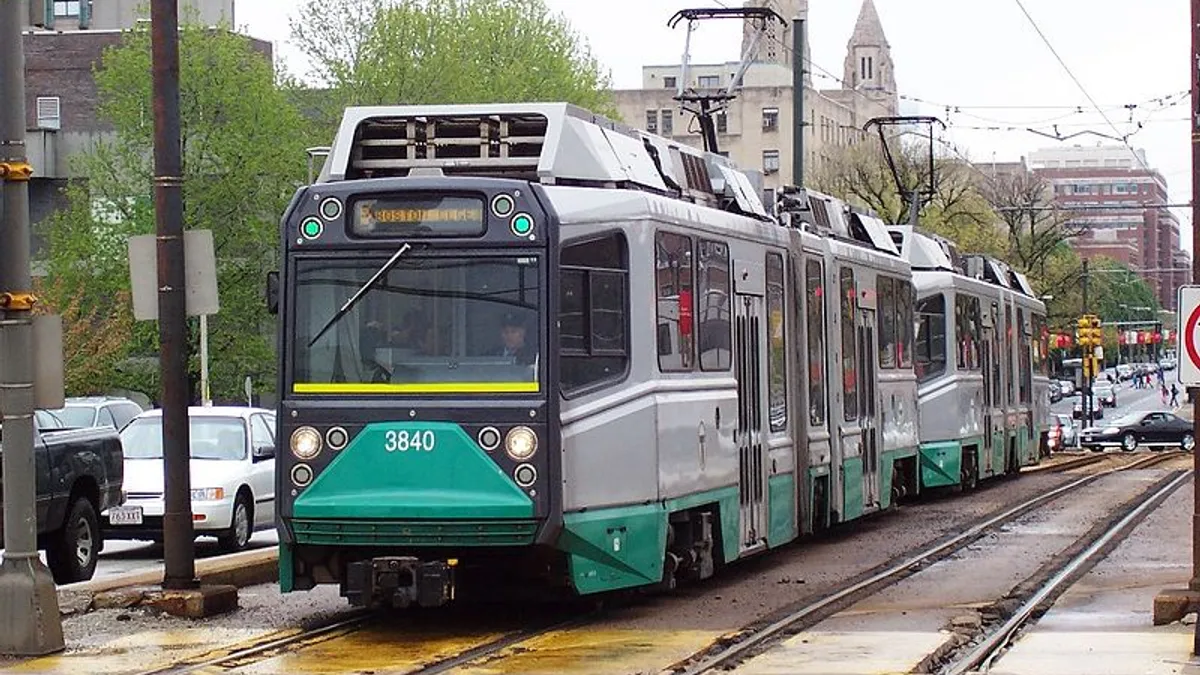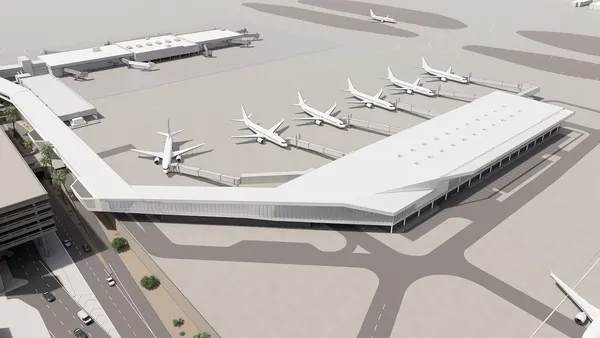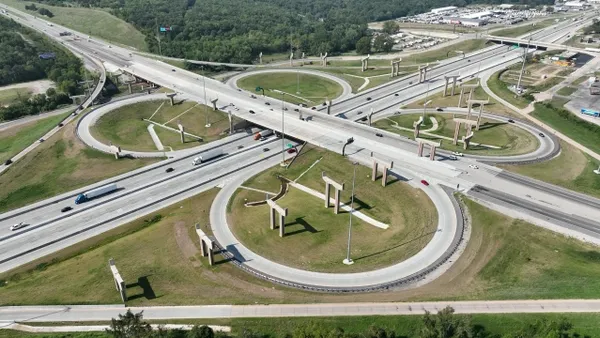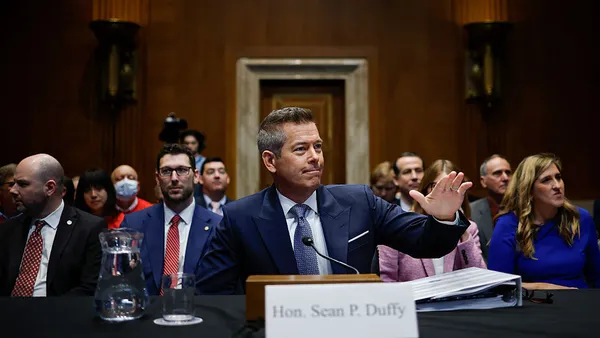Dive Brief:
- The Massachusetts Bay Transportation Authority has announced that its South Coast rail project, originally scheduled for completion in 2022 at a cost of $2.23 billion, will now cost $3.4 billion and won't be finished until 2030, the Boston Herald reported.
- MBTA officials said that the permitting process alone could take more than six years, largely due to environmental issues raised by the agency's first electric train system, which involves work to 75 miles of existing track, upgrades to 36 bridges and the purchase of new locomotives and cars.
- The prospect of increased costs and significant delays has prompted the MBTA to look at alternatives to the South Coast Rail, including the addition of a second track to an existing underground line and expansion of existing service.
Dive Insight
Transportation Secretary Stephanie Pollack told reporters that the governor and MBTA "are 100% committed to getting trains to the South Coast" but that she is concerned with how long it will take to deliver the long-promised service, as well as the rising costs, according to the Herald. MBTA officials said that $4.1 million will be added to the total project cost for each month it is delayed.
The MBTA is also still struggling to get a handle on its Green Line rail extension, which was derailed after cost overruns and delays led to the firing of the project's lead contractor, the joint venture of White-Skanska-Kiewit (WSK). MBTA officials initially blamed the rail's problems on the guaranteed maximum price delivery method, but since WSK's termination, reports from outside consultants have emerged pointing to mismanagement by MBTA officials and consultants.
Most recently, the MBTA voted to move forward with what it referred to as a "scaled down" version of the Green Line — a $2.3 billion variant that will see a deletion of some convenience elements, like escalators and elevators, as well as more austere stations. The rail is also getting a new delivery method, design-build, and the MBTA said it will train its staff on the method to avoid a repeat cost and scheduling boondoggle.














